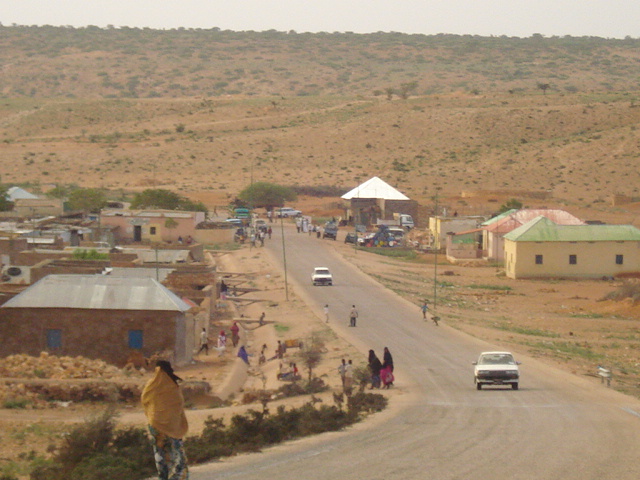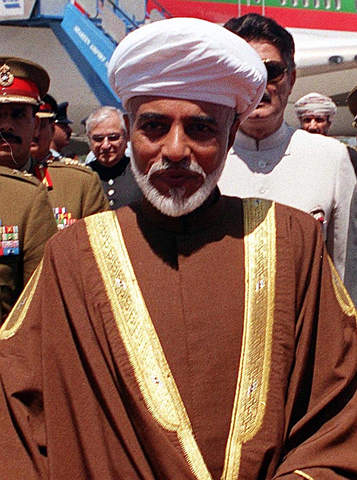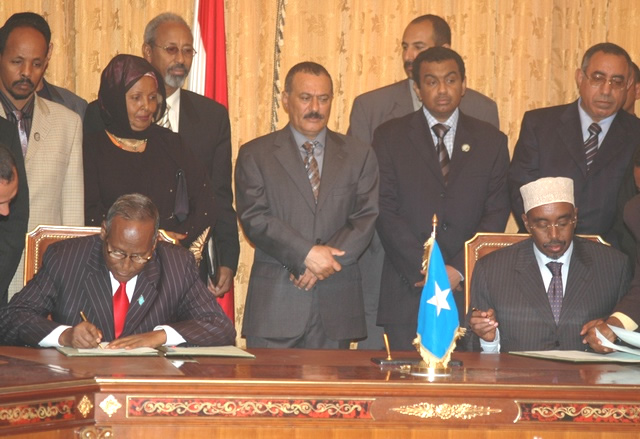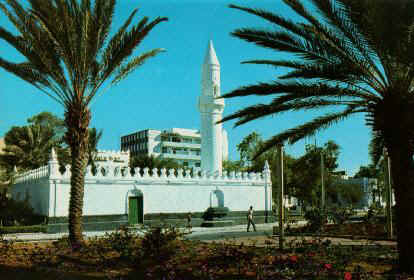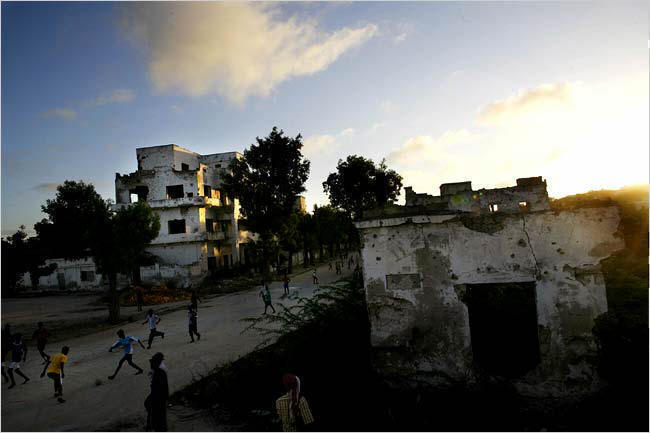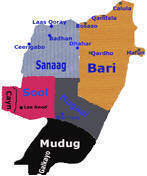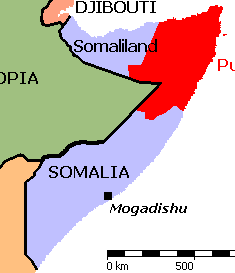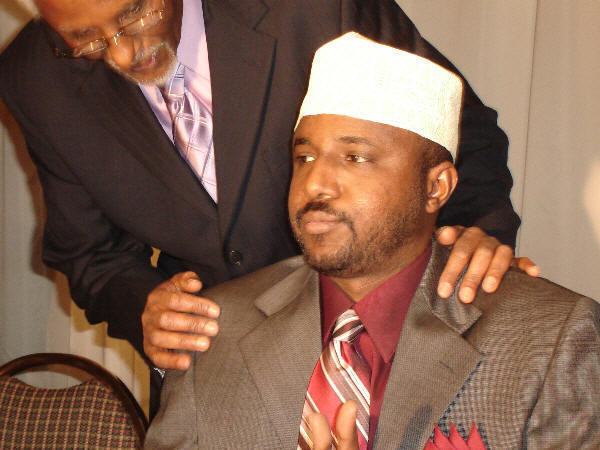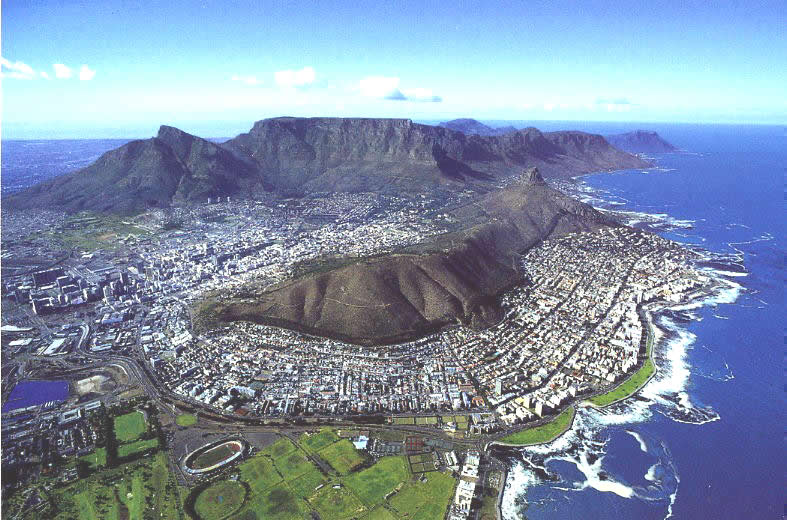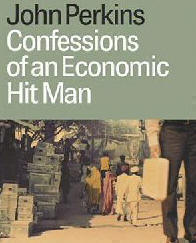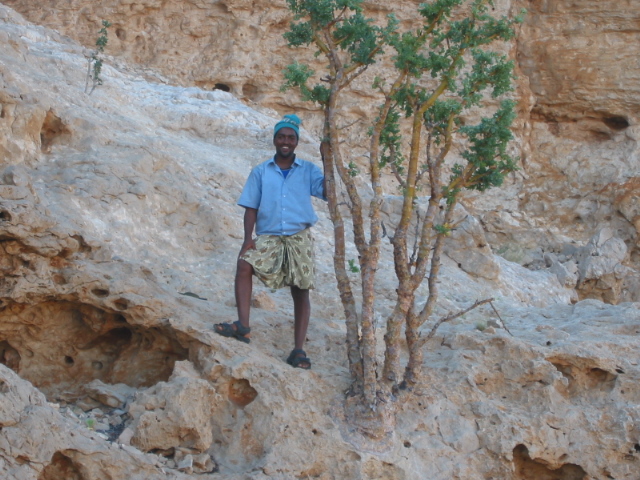
Somali
Biyokulule Online
June 29, 2009
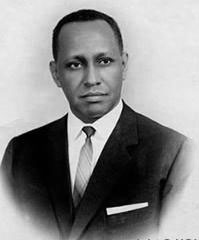
Calm Patriot of the Horn of
The Times
June 29, 2009
It has often been said of the Somali people that they are impetuous, unpredictable and much given to the arts of war and oratory. At present, however, when a sober assessment of African personalities is of great practical importance, generalizations of this kind are dangerous and misleading. They are certainly wide of the mark in the case of Abdullahi Issa, the Prime minister of
He is calm, patient and polite, and has no gift of oratory. His progressive outlook inspires loyalty among many young Somalis, but he has opponents, who are numerous and who accuse him of dictatorial tendencies. With the rapid political changes in the Horn of Africa it would be unwise to try to predict his career. Though recognized as a great patriot, he is a controversial figure. Much will depend upon how the new constitution is put into operation and effect on the present delicate balance of pressures behind the scenes in
Abdullahi Issa was born in 1922 in Afgoi, in the agricultural district of central
At the Junction
He then went into business at Belet Uen, which is situated at a road junction connecting the agricultural south with the pastoral north and
In May, 1943, the first effective Somali political party, the Somali Youth League, was formed. Abdullahi Issa joined the League a year later. In 1945, he was asked to start a branch of the League at Belet Uen and after two years, at the age of 25, he became secretary-general of the whole League. It was in this capacity that he took part in talks when the Youth League presented its views to an inquiry committee of the Four-Power Commission in 1948.
After this experience of Somali national politics he now entered a wider sphere. In the autumn of 1948 he went to
One of his recent prudent measures was the establishment of the Somali National Army, thus restoring the balance of power within the country, which previously had had only one armed body, the very well trained police force.
It is significant that meanwhile with the connivance, if not encouragement, of the prime Minister a sumptuously printed and illustrated handbook of Somali, Our Mother Tongue, has been published in the Roman script, which is violently opposed because of its associations with the West and Christianity. Abdullahi Issa does not share such prejudices and seems to be prepared to risk unpopularity for the sake of the obvious benefits which an internationally recognized script would bring to his country.
New Hotels House Guests of Republic for Ceremonies Scheduled at Midnight
Jay Waltz
The New York Times
Thursday, June 30, 1960
Preparing for the proclamation of Somali independence tomorrow at midnight, this capital of 75,000 is gleaming with fresh whitewash. The new republic`s emblem of a blue field and white stars flies proudly from the public buildings alongside the Italian tricolor.
After Friday the blue and white flag will fly not only over the territories that for seventy years have been under Italian or British administration, but also over the former protectorate of British Somaliland which became independent Sunday.
The Somalis live on the eastern bulge of Africa between the Indian of Ocean and the
To accommodate 400 important guests pouring in from capitals as far as
Airport is busy
The tiny, unlighted airport that normally takes three or four flights a week has been abuzz all week with charter and scheduled aircraft bringing in well-wishers.
Yesterday saw the departure of the last vestige of Italian military might that Mussolini massed in
Before Friday, after independence is proclaimed, the joint Assembly will meet to debate the draft constitution and elect a President. The President in turn will name a Premier.
There are two leading contenders for the presidency � the present Premier, Abdullahi Issa, and Aden Abdulle Osman, the president of the assembly. Under the draft constitution as it stands, Signor Issa, 38 years old, is ruled out because he is too young.
The Political Committee has recommended to the Assembly that the minimum age be 40.
Signor Issa, who sparked the independence movement through the Somali Youth League twelve years ago, is working to have the age rule modified. But his supporters are meeting resistance from opponents on two sides.
Still Signor Issa`s supporters feel he is the only leader who commands the respect of the majority of his own people and of the heads of foreign powers to whom
Some observers feel that if either Signor Osman or Signor Issa gets the presidency, he almost must certainly choose a premier form the former British Protectorate. In that case, the choice would undoubtedly fall on Mohamed Ibrahim Egal, who is the Prime minister in the Somaliland capital of Hargeisa during the five-day interval between independence form the British and union with
Somali
Biyokulule Online
June 27, 2009
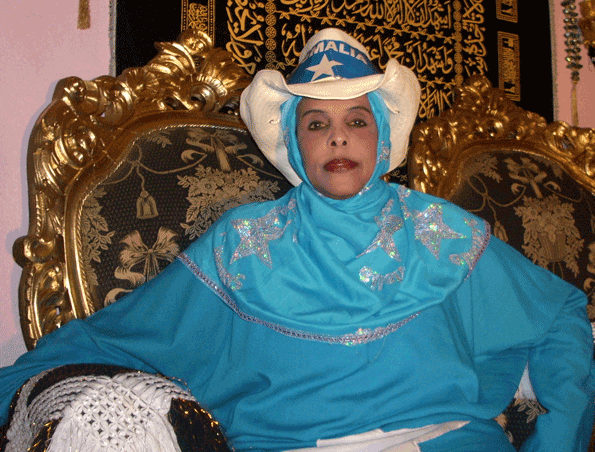
Introduction
The idea of possible merger of the British and Italian Somalilands surfaced as early as 1959. In February of that year, British Colonial Secretary, Alan Lennox-Boyd, proposed while he was in Hargeysa that British Somalilanders have the option to choose between early self-Government and an early association with
By May of 1960, British Colonial Secretary, Ian Maclead officially stated that Britain was about to grant independence to Somaliland protectorate so that it can unite with Italian Somaliland (Somalia), which was scheduled to become a sovereign state on July 1, 1960. The Secretary made his announcement while Somaliland leaders were in
On April, 1960, the Legislative Council (in British Somaliland) passed a resolution, asking not only for independence but also to unite with
Again, on June 27, 1960, the Somaliland Legislative Council unanimously passed a bill that unites Somaliland with
The Joyous Friday �
On July 1, 1960, the 5-pointed white star flag was hoisted; and the next day, the union of the two Somalilands (British and Italian) was formally ratified by the National Assembly. Margery Perham of The Times has described the birth of the new Republic as Siamese twins whose god-parents were: the United Nations,
Still, Many Somalis seem to have plenty of reasons to be celebrating, this coming July 1st, for the Unification of the two Somalilands. For that reason, the Roobdoon Forum presents to its readership excerpts of news coverage that relate to the independence and unification week of 1960.
The New York Times
Monday, June 27, 1960
HARGEISA, Somaliland, June 26 (Reuters) � A blue and White starred flag was hoisted here today after all-night celebrations ending seventy-three years of British rule in this East African Territory at the south end Red Sea.
Mohammed Haji Ibrahim Egal took an Oath on the Quran as Premier of the new nation of
Nearly 1,000 British-trained Somali troops were handed over to him by the retiring commandant; Brig. Gen. O. G. Brooks.
Mr. Egal welcomed a delegation from a neighboring Italian Somalia, scheduled to unite with Somaliland to form a republic of 2, 000, 000 population when
British Rule In
The Times
Monday, June 27, 1960
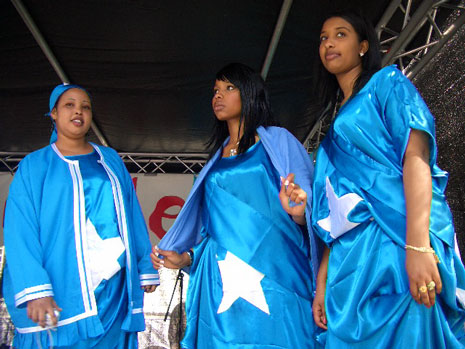
Independence Day Celebrations
HARGEISA,
Celebrations in the capital were repeated in settlements and outposts throughout the territory. The rejoicing will continue tomorrow, which has been proclaimed a public holiday.
Early this morning crowds thronged the polo ground for the final act of independence. Mohammed Haji Ibrahim Egal, the Prime Minister of independent
Nearly 1,000 British-trained Somaliland Scouts were then handed over to the Prime Minister by Brigadier O. G. Brooks, the Colonel Commandant. After the ceremony, the crowds swarmed into the town, cheering and shouting freedom slogans.
At dusk last night the band of the 1st Battalion, the Royal Highland Fusiliers, beat retreat and the Union Jack was lowered.
The last toast to the Queen was proposed by Mr. P. Carrel, who was acting Governor until midnight, at a reception. He said: �This is the last occasion on which we British can offer best wishes for the future of the people of Somaliland and
Union With
The Prime Minister responded with a tribute to the British association, saying: �We have not always seen eye to eye, but we share a Common ideal in the simple things of life. This is not the end of British-Somali relations. These relations are simply taking another shape for the better.�
Somaliland plans to unite with
A delegation from
Adan Abdullah was met by the Prime minister on his arrival at the airport. Police and Somaliland Scouts lined up to give a general salute and he was greeted by a fanfare of trumpets.
Adan Abdullah told the crowds that the people in
The
A message form the Queen was delivered in Hargeisa yesterday by Mr. T. E. Bromley. British Consul-General in
Somaliland Marks
The New York Times
Sunday, June 26, 1960
HARGEISA, Somaliland, Sunday, June 26, 1960 (Reuters): Crowds danced in the streets here, bonfires blazed from the hills and fireworks burst in the sky as last midnight spelled the end of Britain`s rule in Somaliland.
The country became independent after seventy-three years as a British protectorate. Political parties gave receptions to guests from all communities. The rejoicing was to continue tomorrow, a public holiday.
Newly independent Somaliland plans to unite with neighboring
The five-day hiatus between independence and merger was seen as a period of potential danger. There was fear of possible clashes with Ethiopian tribes along Somaliland`s ill-defined borders. [Emperor Haile Selassie of
Thousands of Somalis turned out to say farewell to the British Governor, Sir Douglas Hall, and his wife. They flew to
A delegation arrived from
Somaliland`s Vote for Union
The Times
Tuesday, June 28, 1960
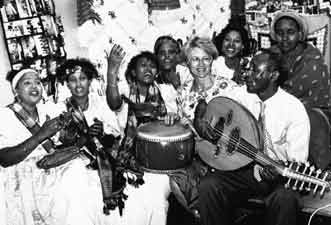
Ministers to Settle Details
Hargeisa, June 27, 1960 (Reuter): The Somaliland Legislative Assembly today unanimously approved a Bill endorsing plans to unite the country with
Ibrahim Egal, the Prime Minister, paid tribute to the retiring British Speaker, Mr. W. F. Stubbs, to whom he said: �We have all been novices in the art of parliamentary government, and your assistance and guidance have been very highly appreciated.�
Agreements between Somaliland Ministers and the British Ambassador-designate, Mr. Thomas Bromley, cover interim arrangements for the Somaliland Scout Force, which was handed over to the independent Government yesterday. The agreements also provide safeguards for pension rights of expatriate civil servants and for a British aid mission to assist the public services for six months.
French Security Bar
All movement between French Somaliland and the newly independent state of
One of the first pronouncements by the Government of independent
The New York Times
Saturday, June 25, 1960
ROME, June 24 (Reuters) � Parliament adopted today a bill ending Italy`s rule in Italian Somaliland. The Chamber of Deputies approved the measure by 403 to 33. It has already been passed by the Senate.
|
|
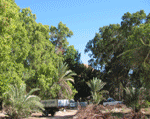 Sawirro Somaliya  |
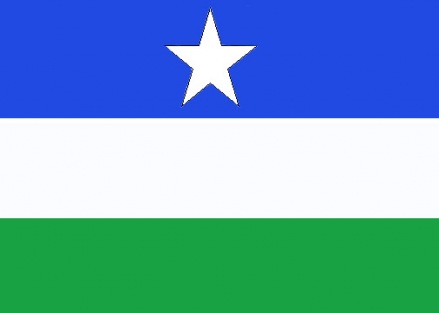
|
GOVERNANCE
The Scourge and Hope of Somalia A New Book By Ismail Ali Ismail 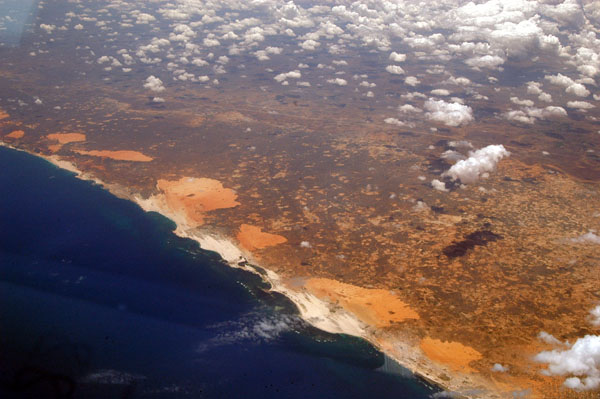 Which Way to the Sea, Please? By Nuraddin Farah Dhulkii Burcad-Badeedda .jpg) Budhcad Badeed Weli Qiil ma Leeyahay? 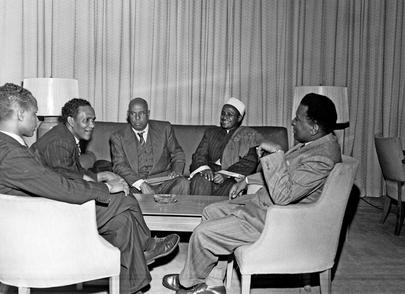 SYL LETTERS By A S Faamo |
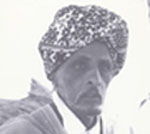 |
 |
© Copyright BiyoKulule Online All rights reserved�
Contact us [email protected] or [email protected] |

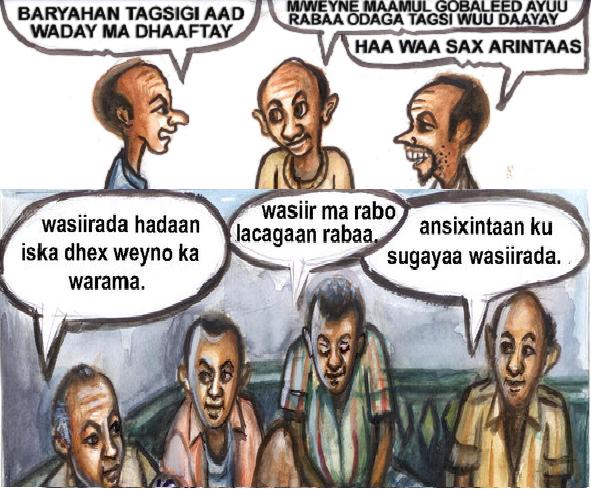
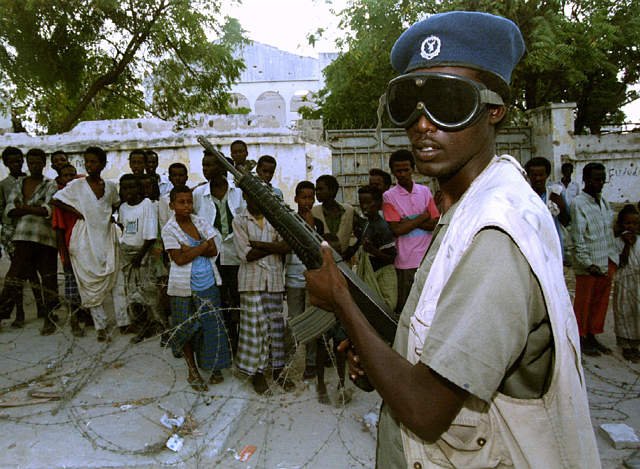


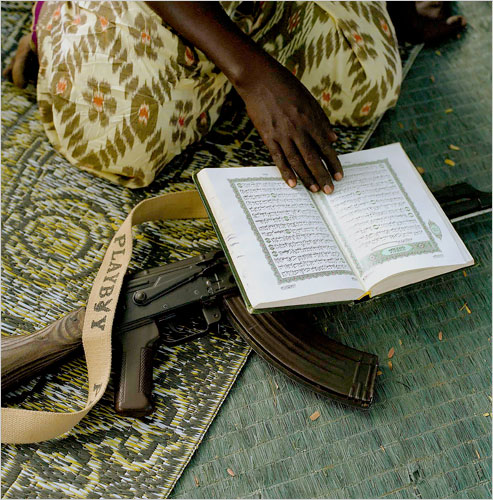

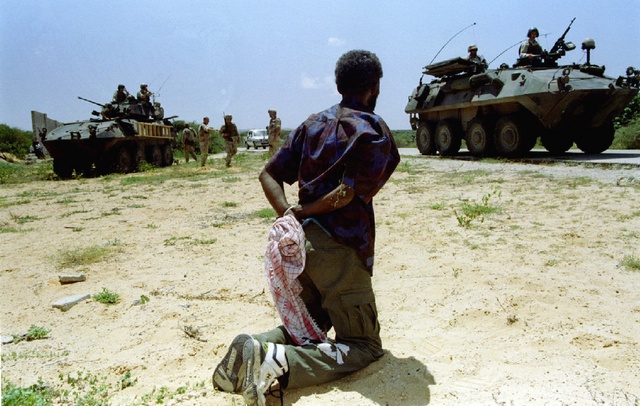
.jpg)




